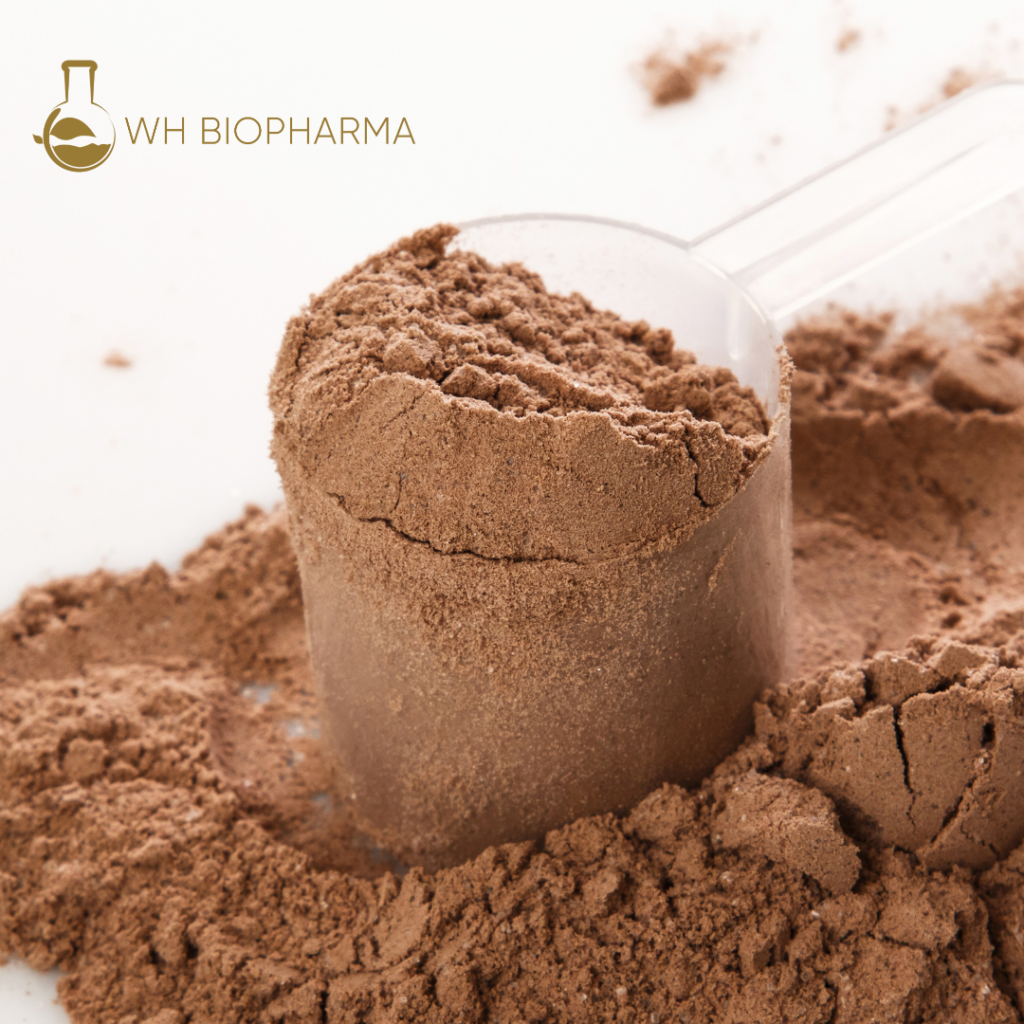In the world of healthy snacking, a delicious revolution is underway – protein cookies. These delightful treats are no longer reserved for cheat days but are now a wholesome addition to your daily diet. In this article, we’ll explore the various health benefits of adding protein to your cookies.
Protein is an essential macronutrient that plays a crucial role in various bodily functions. It helps build and repair tissues, supports immune function, and aids in the production of enzymes and hormones. By incorporating protein into your cookies, you’re not only satisfying your sweet tooth but also providing your body with essential nutrients.
Why Protein Matters

Protein is often referred to as the building block of life, and for good reason. It plays a fundamental role in numerous bodily functions, making it an essential nutrient for overall health and well-being. In this chapter, we’ll delve deeper into why protein matters and why incorporating it into your cookies can have a positive impact on your diet.
The Role of Protein
Proteins are large molecules composed of amino acids, which are often called the “building blocks” of proteins. These amino acids are essential for the growth, repair, and maintenance of tissues in the body. Here are some key roles that protein plays:
- Tissue Repair and Growth: Protein is essential for repairing damaged tissues and for the growth of new tissues. Whether you’re recovering from an injury or looking to build muscle, protein is crucial.
- Enzyme and Hormone Production: Enzymes are proteins that catalyze chemical reactions in the body, facilitating various metabolic processes. Hormones, such as insulin and growth hormones, are also made from proteins and regulate important functions.
- Immune Support: Many components of the immune system, including antibodies, are made up of proteins. A sufficient protein intake is necessary for a strong and effective immune response.
- Transportation: Some proteins serve as carriers, transporting important molecules like oxygen (hemoglobin) and lipids (lipoproteins) throughout the body.
- Structural Support: Proteins like collagen provide structural support to skin, bones, and connective tissues. They help maintain the integrity of these structures.
The Importance of Dietary Protein
Proteins are not stored in the body like carbohydrates and fats, which means that a regular dietary intake of protein is essential to meet the body’s needs. The amount of protein you require depends on various factors, including age, gender, activity level, and overall health.
Amino Acids: The Protein Puzzle Pieces
Amino acids are the individual components that make up proteins. There are 20 different amino acids, and the body needs all of them to function correctly. Nine of these amino acids are considered essential, meaning they must be obtained through your diet because the body cannot produce them on its own. These essential amino acids include histidine, isoleucine, leucine, lysine, methionine, phenylalanine, threonine, tryptophan, and valine.
Complete vs. Incomplete Proteins
Proteins from different sources vary in their amino acid profiles. Some protein sources, such as meat, poultry, fish, eggs, and dairy products, provide all the essential amino acids and are referred to as “complete proteins.” In contrast, plant-based sources like beans, lentils, nuts, and grains may lack one or more essential amino acids and are considered “incomplete proteins.”
However, by combining different plant-based protein sources (e.g., beans and rice), you can create a complementary amino acid profile, making them collectively complete.
Protein Quality and Digestibility
The quality of a protein source also depends on its digestibility and bioavailability. Animal proteins are generally highly digestible and have excellent bioavailability, meaning the body can efficiently absorb and use the amino acids they provide. Plant-based proteins may have slightly lower digestibility but can still be an excellent source of protein when consumed as part of a balanced diet.
Muscle Repair and Growth
In the quest for a fit and healthy body, muscle repair and growth are crucial components. Whether you’re an athlete, fitness enthusiast, or simply looking to maintain your muscle mass, protein plays a pivotal role. In this chapter, we’ll explore how protein cookies can contribute to muscle repair and growth and why they’ve become a go-to snack for those seeking to optimize their fitness journey.
The Science of Muscle Protein Synthesis
Muscle protein synthesis (MPS) is the process by which your body builds and repairs muscle tissues. It involves the creation of new muscle protein strands to replace those that are damaged during exercise. Protein is central to this process because it provides the amino acids necessary for the construction of these protein strands.
Protein Quality Matters
Not all proteins are created equal when it comes to muscle repair and growth. The quality of the protein you consume can impact your results. Proteins that contain all nine essential amino acids, such as those found in animal products like lean meats, poultry, fish, and dairy, are considered high-quality proteins. These sources provide the necessary building blocks for muscle protein synthesis.
Timing Matters Too
The timing of protein consumption can significantly influence muscle repair and growth. After a workout, your muscles are primed to absorb nutrients, including protein, to kickstart the repair process. This is often referred to as the “anabolic window” or “nutrient timing.” Protein cookies, with their convenient and portable nature, can be an excellent post-workout snack to capitalize on this window of opportunity.
Protein Cookies as a Post-Workout Snack

When you engage in resistance or endurance training, your muscles experience stress and micro-tears. To rebuild and strengthen your muscles, you need an adequate supply of amino acids, which protein cookies can provide. Here’s how they can benefit your post-workout routine:
Quick and Convenient: After a strenuous workout, you may not always have access to a full meal. Protein cookies offer a portable and easy-to-consume source of protein to kickstart muscle recovery.
Balanced Nutrition: Many protein cookies are formulated with a blend of protein, carbohydrates, and healthy fats. This balanced nutrition helps replenish energy stores and support overall recovery.
Taste and Enjoyment: Eating a protein cookie can feel like indulging in a treat, making post-workout nutrition more enjoyable and sustainable.
Variety of Flavors: Protein cookies come in a wide range of flavors, allowing you to choose one that suits your taste preferences and keeps your post-workout routine exciting.
Balancing Protein Intake
It’s important to note that while protein is vital for muscle repair and growth, it’s not the only factor to consider. A well-rounded diet that includes carbohydrates, healthy fats, vitamins, and minerals is essential for overall health and optimal performance. Protein cookies should complement a balanced diet, not replace it.





